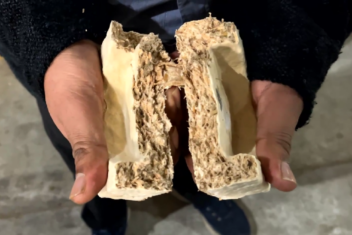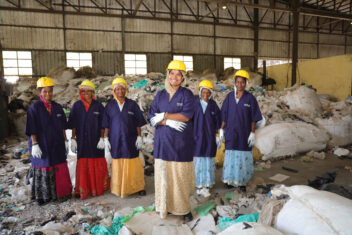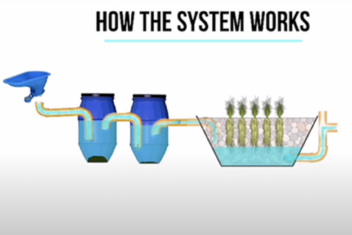Celebrating one year of FINILOOP | Laying the foundations
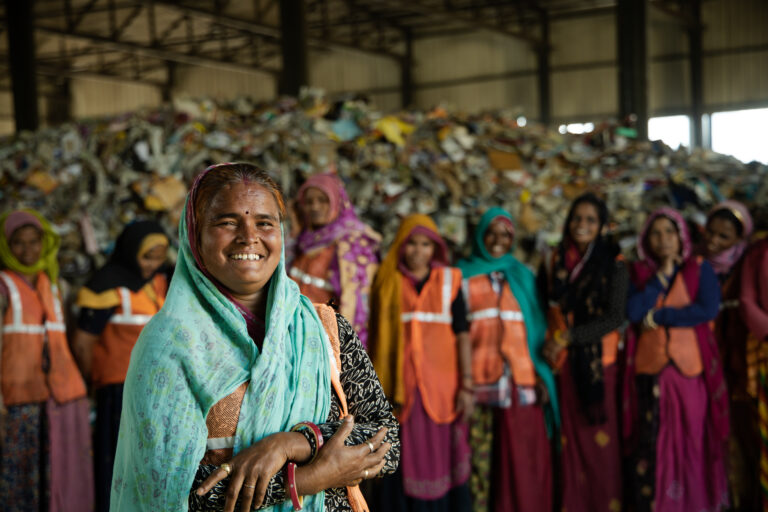
We are pleased to announce that our plastic waste management programme, FINILOOP, has officially turned one this month! There is lots to celebrate – with livelihoods improving, businesses on their way to growth and cleaner communities – join us as we look back over the last year.
The first year of FINILOOP has been focused on laying the foundations for the programme in two cities in India, Amritsar and Udaipur. Together with local partners Trust of People (TOP) and AspireLabs, we have been working towards building sustainable livelihoods for informal waste workers, nurturing green enterprises and freeing cities from plastic waste.
Identifying all the actors
To bring sustainable system change FINILOOP utilises WASTE’s multi-stakeholder approach, an approach which brings together services and individuals along the entire waste value chain. Therefore, a key first stage of the programme was to carry out a thorough baseline assessment of the existing solid and plastic waste management systems in Udaipur and Amritsar and present these to the local government before putting in place a plan of activities.
Building trust and awareness
Following on from this, TOP focused on mobilising and gaining the trust of all actors, and creating awareness in the community about FINILOOP and plastic waste issues. TOP showcased their creativity, with everything from introducing plastic-banks (plastic collection systems) in schools, community clean-up events, and door-to-door campaigns on segregation practices taking place. This resulted in an amazing 47,000 households and 5,800 non-household establishments being reached.
As a commitment to local empowerment and community driven action, 71 local Mohalla (ward) Committees were also formed – groups who are critical to turning this awareness raising into behaviour change. In the last year they have already helped remove 28 Garbage Vulnerable Points.
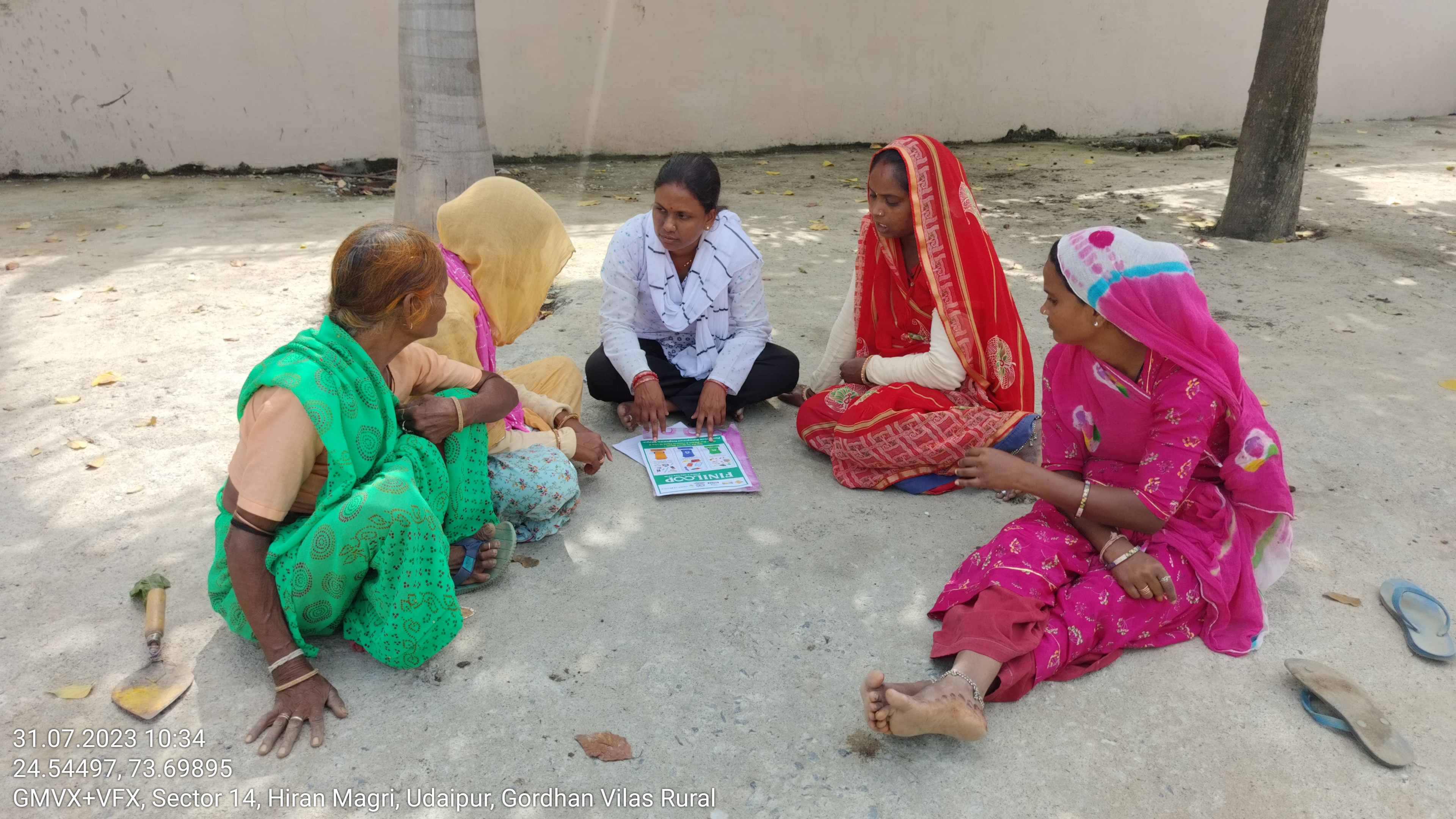
Improving livelihoods
Informal waste workers play a key role in preventing plastic pollution, yet their work is rarely valued, they struggle to earn a decent living, they face many occupational health hazards, and often must take their children to “work.” To change this reality, in the first year, TOP has been building trust with the informal waste worker community and providing access to vital social services. This means that an encouraging:
- 66 informal waste workers were provided with social security benefits in Amritsar.
- 469 informal waste workers were able to access medicines and health care through a series of health events.
- 65 children were enrolled in schools and day care centres and are now receiving an education.
Business Development (including start-ups)
“We are not asking for money, we need knowledge and access to [baling] machines so we can maximise our waste recovery, grow our business … and then incentivise the waste workers to collect more, in more segregated ways and they too can earn more.” – Father and son run kabadiwala business in Udaipur.
Alongside informal waste workers, existing small enterprises play a pivotal role in addressing India’s plastic waste crisis, but often are also undervalued and informal. These include kabadiwalas (junk or scrap dealer), aggregators, traders, and recyclers. To address this challenge, WASTE implemented the first stage of its business development plan, training 15 local coaches in business development and selecting a first cohort of 18 existing enterprises to receive training from the coaches enabling them to scale up their businesses.
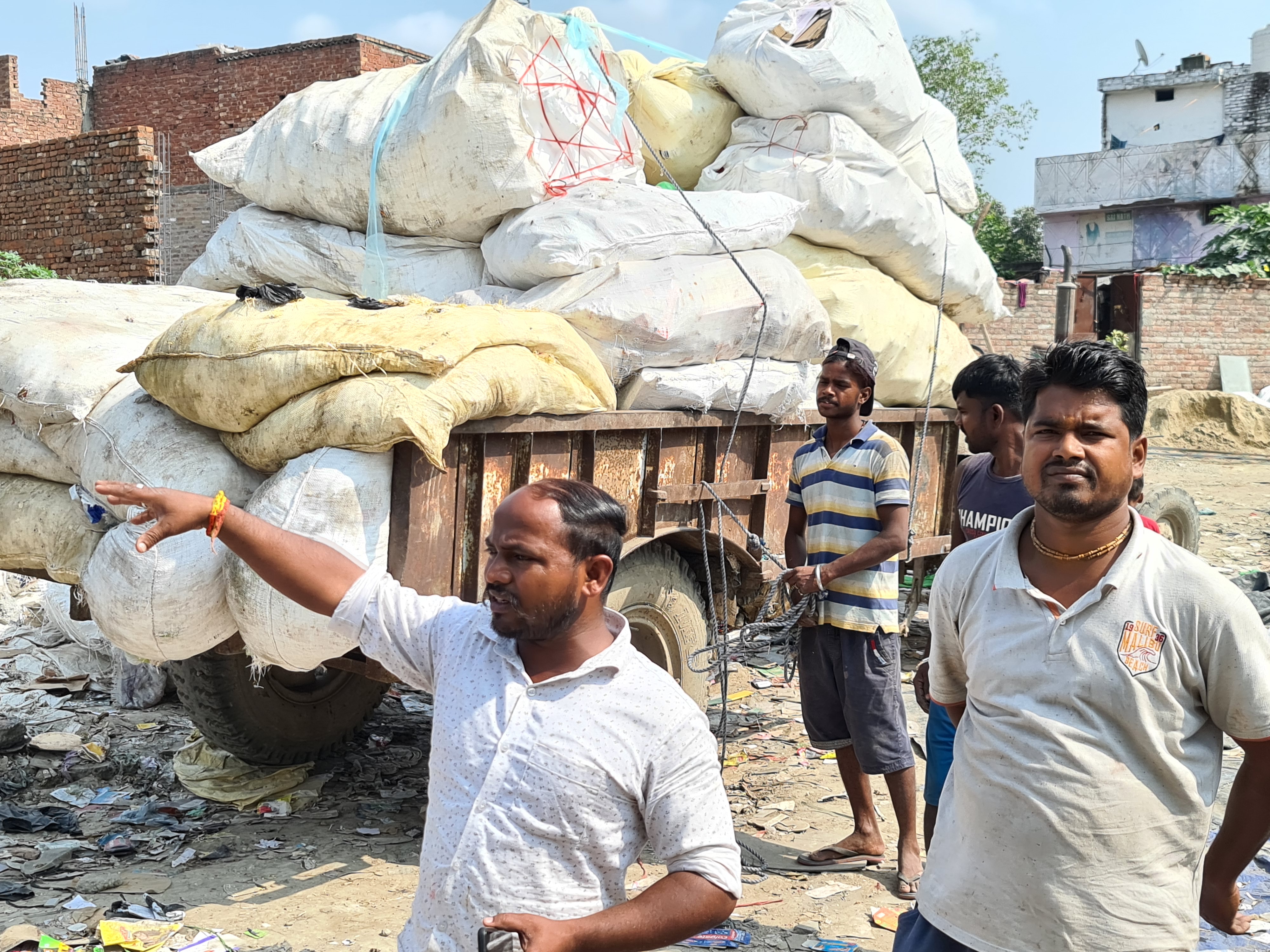
Finally, the FINILOOP Plastic Lab (FPL) was launched by AspireLabs and 17 plastic waste start-ups were selected to take part. The FPL is an unique pillar of the programme, focused on providing mentoring and incubation to start-ups who will go onto strengthen the local circular economy in Udaipur and Amritsar.
Through these foundational steps, FINILOOP is well on its way to catalysing real change and propelling the programme toward its vision of plastic waste-free cities in India. Watch this space for the next exciting chapter as we look ahead to expanding to a third city in India, opening a FINILOOP Knowledge Hub and building on the vital connections and learnings which have been made.
Find out more about the FINILOOP programme here or if you are interested in collaborating contact: [email protected]
